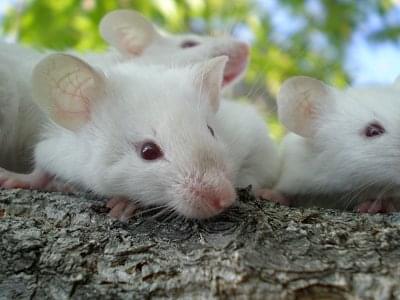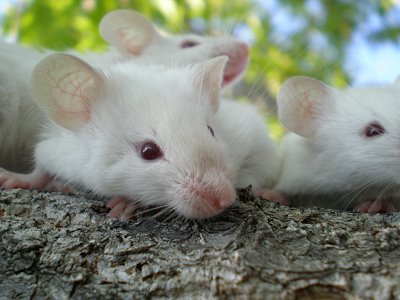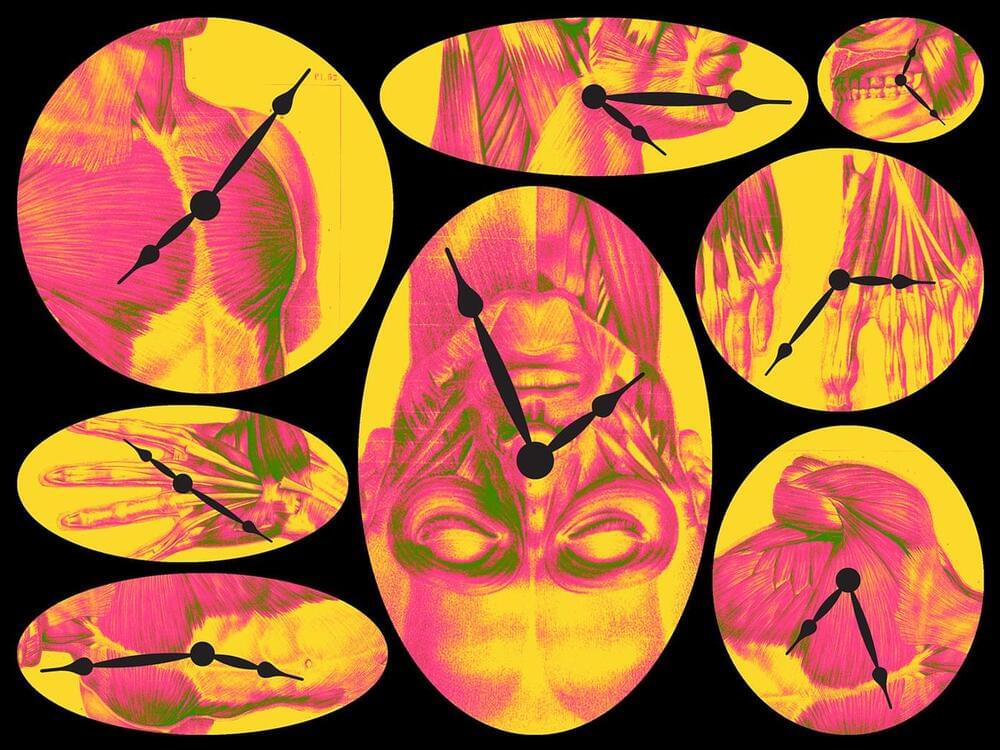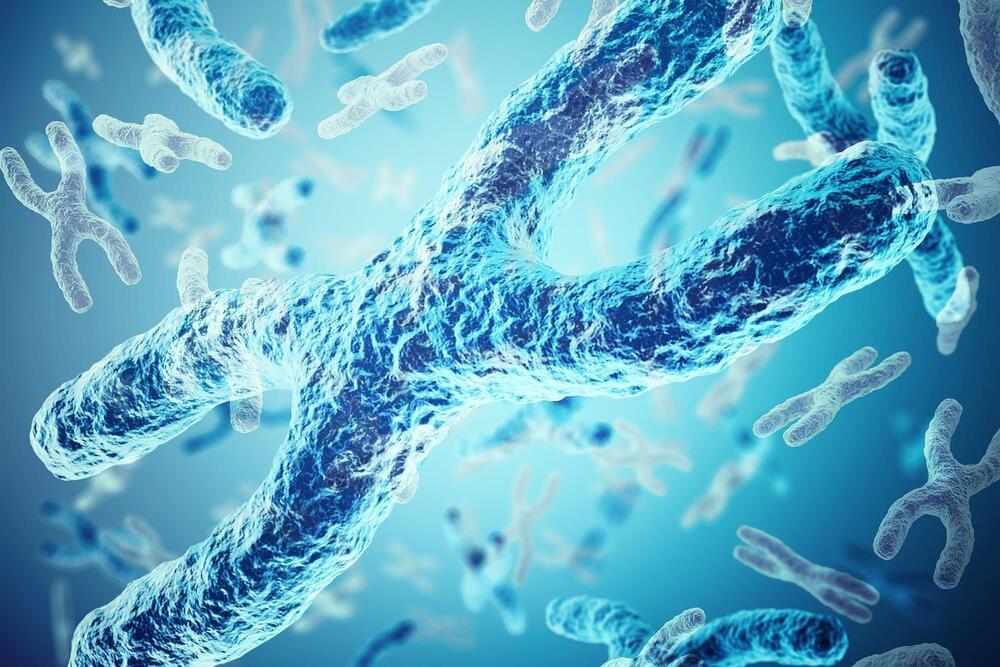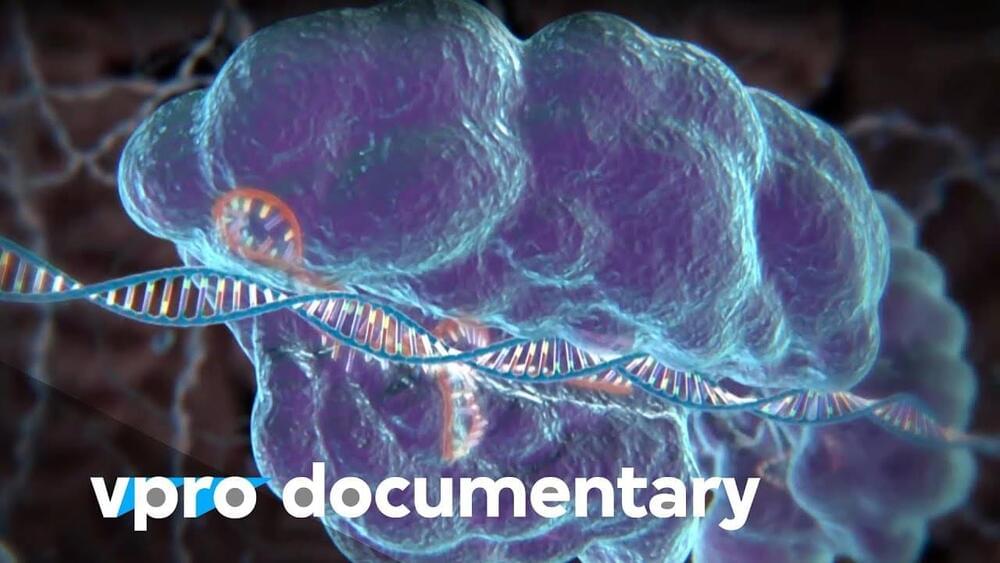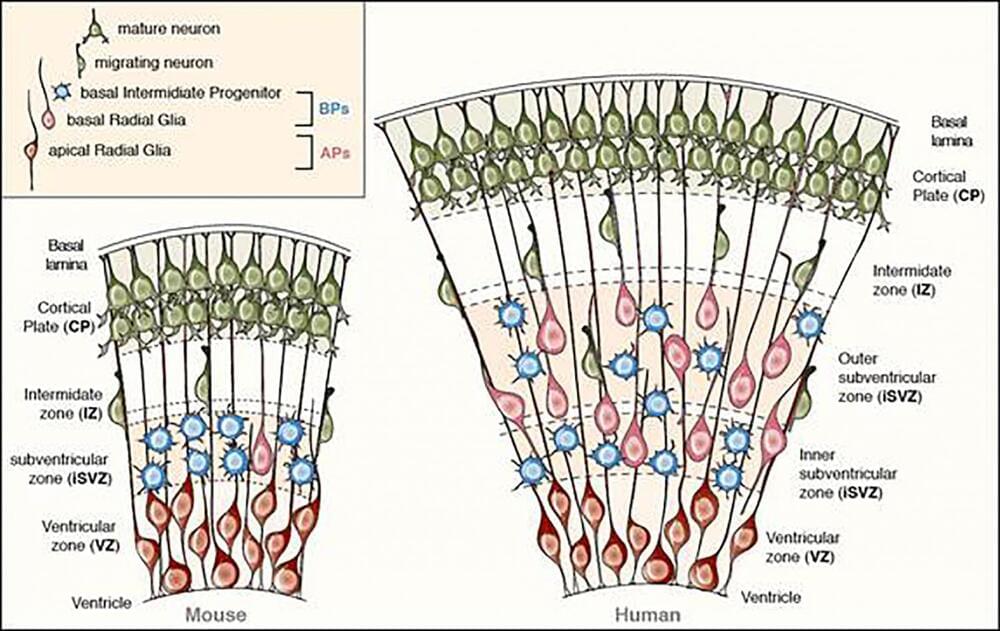
(Medical Xpress)—A team of researchers at the Max Planck Institute has found what they believe is the DNA mutation that led to a change in function of a gene in humans that sparked the growth of a larger neocortex. In their paper published in the journal Science Advances, the team describes how they engineered a gene found only in humans, Denisovans and Neanderthals to look like a precursor to reveal its neuroproliferative effect.
A year ago, another team of researchers found the human gene that most in the field believe was a major factor in allowing the human brain to grow bigger, allowing for more complex processing. In this new effort, the researchers have found what they believe was the DNA change that arose in that gene.
To pinpoint that change, the researchers engineered the unique ARHGAP11B gene to make it more similar to the ARHGAP11A gene, which researchers believe was a predecessor gene—they swapped a single nucleotide (out of 55 possibilities) for another and in so doing, found the ARHGAP11B gene lost its neuroproliferative abilities. This, the team claims, shows that it was a single mutation that allowed humans to grow bigger brains. Such a mutation, they note, was not likely due to natural selection, but was more likely a simple mistake that occurred as a brain cell was splitting. Because it conferred an advantage (the ability to grow higher than normal amounts of brain cells) the mutation was retained through subsequent generations. They also point out that such a mutation would have resulted specifically in a larger neocortex—a portion of the cortex that has been associated with hearing and sight.

